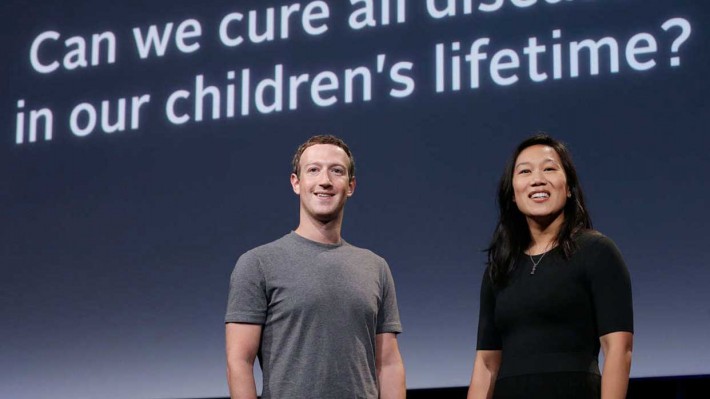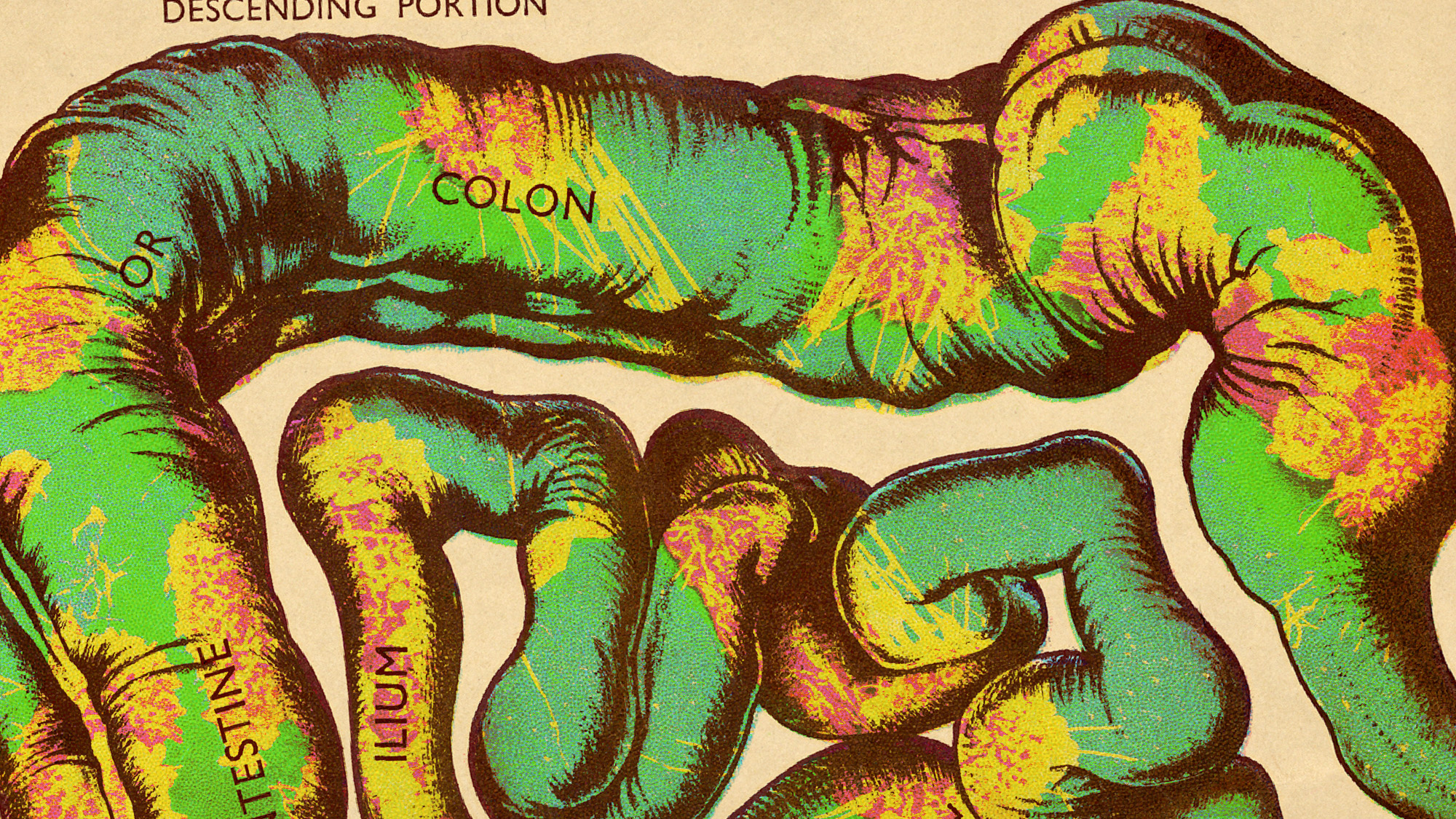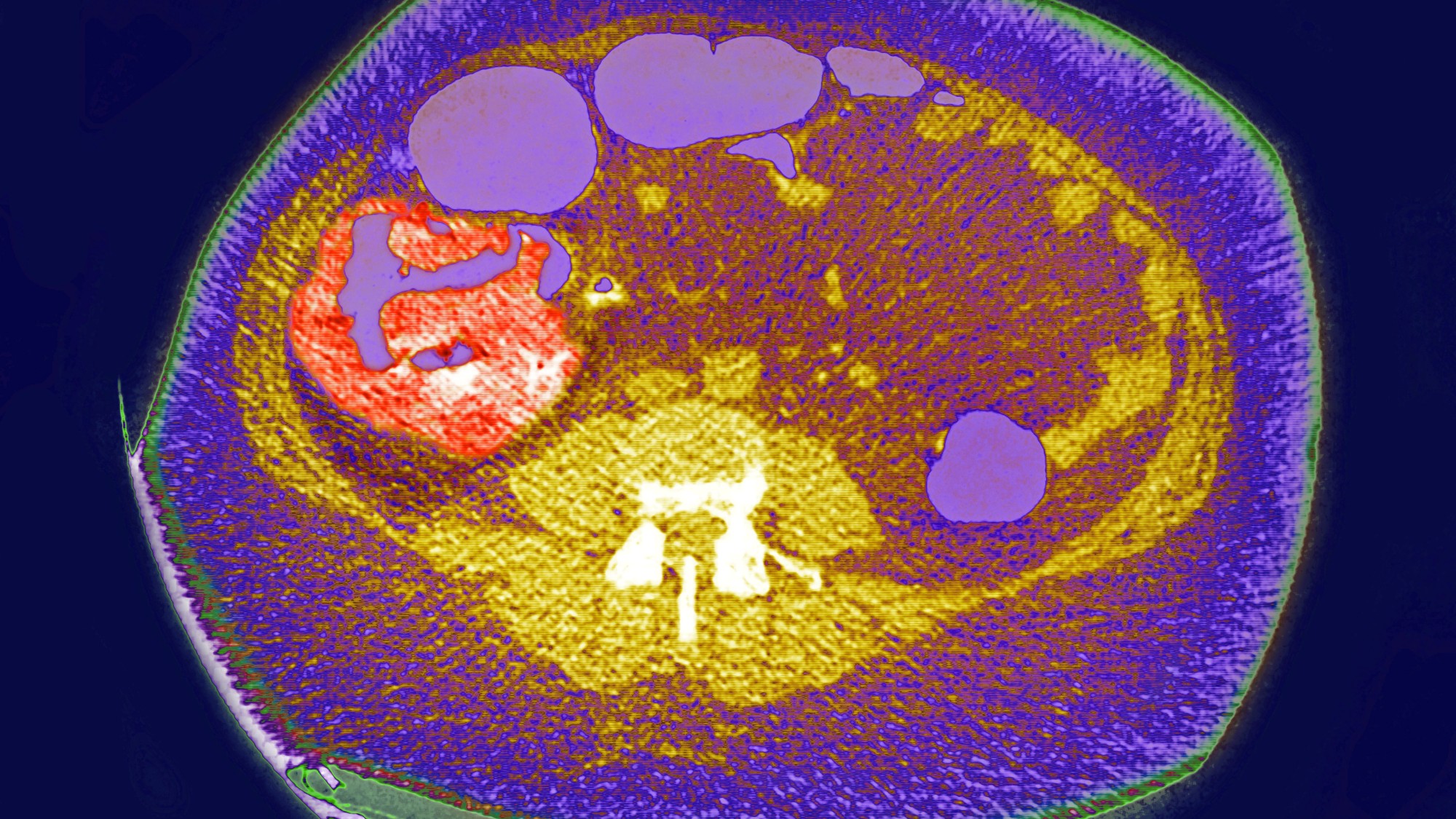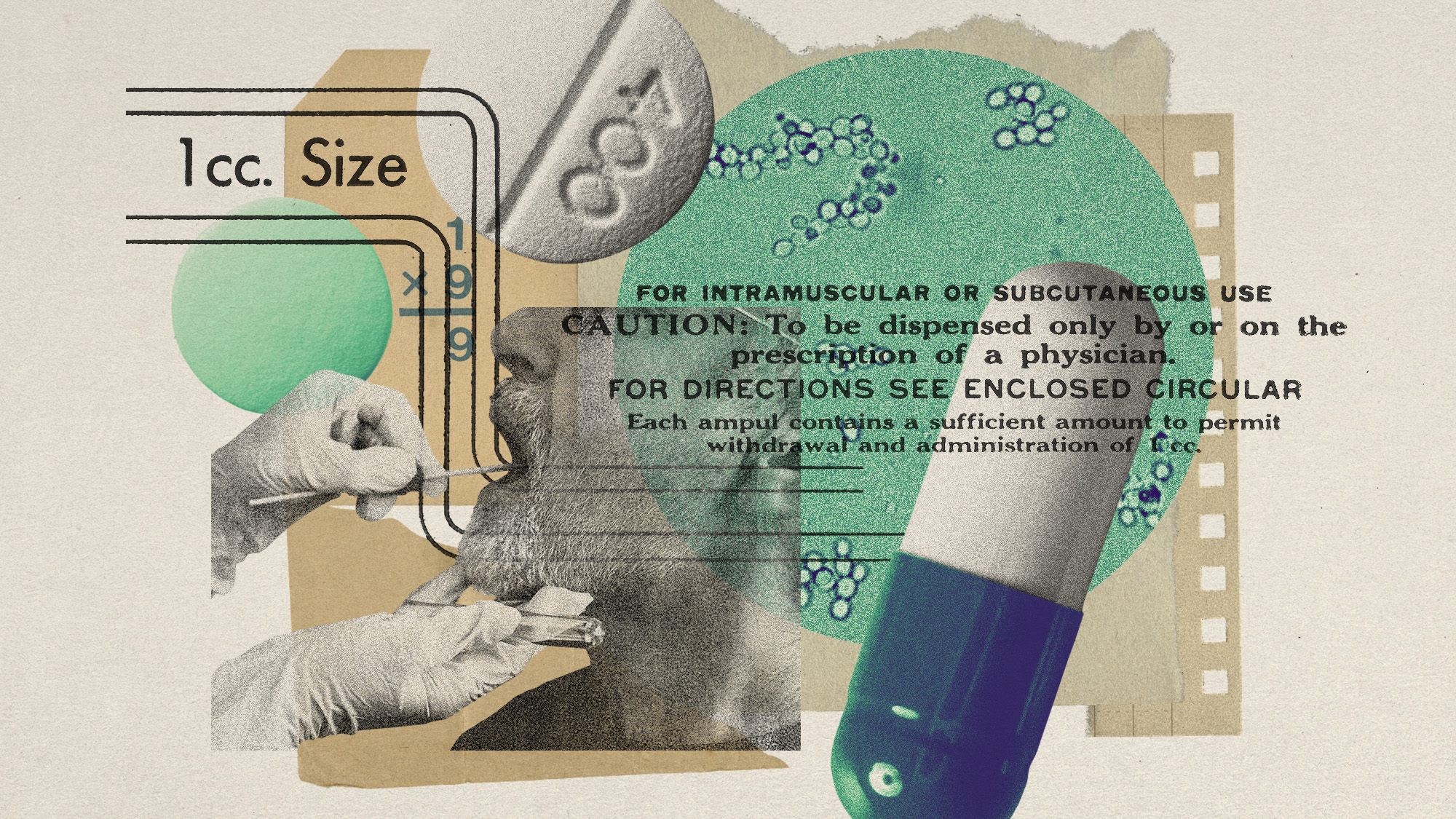How Mark Zuckerberg plans to 'tackle all disease' by 2100
Facebook founder and wife Priscilla Chan announce ambitious ten-year, $3bn investment into medical research

A free daily email with the biggest news stories of the day – and the best features from TheWeek.com
You are now subscribed
Your newsletter sign-up was successful
Facebook founder Mark Zuckerberg and his wife, Priscilla Chan, have announced a ten-year, $3bn (£2.3bn) medical research fund, designed to "cure, prevent or manage all diseases by the end of the century".
The couple unveiled the ambitious plan at the University of California, San Francisco (UCSF), during an event for the Chan Zuckerberg Initiative, the philanthropic group they launched in December 2015, when they revealed plans to give away 99 per cent of their shares in Facebook.
Chan, a paediatrician, "spoke through tears as she recalled telling parents their child had an incurable disease or could not be revived", USA Today reports.
The Week
Escape your echo chamber. Get the facts behind the news, plus analysis from multiple perspectives.

Sign up for The Week's Free Newsletters
From our morning news briefing to a weekly Good News Newsletter, get the best of The Week delivered directly to your inbox.
From our morning news briefing to a weekly Good News Newsletter, get the best of The Week delivered directly to your inbox.
One of the initiative's largest investments will be a £462m "Biohub" located at the UCSF.
The centre will "bring together scientists and engineers from Stanford, Berkeley and UCSF – who haven't collaborated in this way before – to develop tools to treat diseases", The Guardian says.
Projects already slated for investigation include the Cell Atlas, "a 'map' that describes the different types of cells that control the body's major organs", reports the BBC, and the Infectious Disease Initiative, which will "try to develop new tests and vaccines to tackle HIV, Ebola, Zika and other new diseases", adds the broadcaster.
The Chan Zuckerberg Initiative announcement follows others from tech firms planning to invest in the health sector.
A free daily email with the biggest news stories of the day – and the best features from TheWeek.com
Microsoft announced this week it would be trying to "solve cancer" using new tech-based research strategies at its lab in Cambridge. IBM and MIT have also revealed a partnership to develop an artificial intelligence approach to help in the care of elderly and disabled patients.
LIVE
-
 A dreamy long weekend on the Amalfi Coast
A dreamy long weekend on the Amalfi CoastThe Week Recommends History, pasta, scenic views – this sun-drenched stretch of Italy’s southern coast has it all
-
 Can foster care overhaul stop ‘exodus’ of carers?
Can foster care overhaul stop ‘exodus’ of carers?Today’s Big Question Government announces plans to modernise ‘broken’ system and recruit more carers, but fostering remains unevenly paid and highly stressful
-
 6 exquisite homes with vast acreage
6 exquisite homes with vast acreageFeature Featuring an off-the-grid contemporary home in New Mexico and lakefront farmhouse in Massachusetts
-
 The truth about vitamin supplements
The truth about vitamin supplementsThe Explainer UK industry worth £559 million but scientific evidence of health benefits is ‘complicated’
-
 Covid-19 mRNA vaccines could help fight cancer
Covid-19 mRNA vaccines could help fight cancerUnder the radar They boost the immune system
-
 Deadly fungus tied to a pharaoh's tomb may help fight cancer
Deadly fungus tied to a pharaoh's tomb may help fight cancerUnder the radar A once fearsome curse could be a blessing
-
 'Poo pills' and the war on superbugs
'Poo pills' and the war on superbugsThe Explainer Antimicrobial resistance is causing millions of deaths. Could a faeces-filled pill change all that?
-
 The Y chromosome degrades over time. And men's health is paying for it
The Y chromosome degrades over time. And men's health is paying for itUnder the radar The chromosome loss is linked to cancer and Alzheimer's
-
 A bacterial toxin could be contributing to the colorectal cancer rise in young people
A bacterial toxin could be contributing to the colorectal cancer rise in young peopleUnder the radar Most exposure occurs in childhood
-
 Why are more young people getting bowel cancer?
Why are more young people getting bowel cancer?The Explainer Alarming rise in bowel-cancer diagnoses in under-50s is puzzling scientists
-
 Five medical breakthroughs of 2024
Five medical breakthroughs of 2024The Explainer The year's new discoveries for health conditions that affect millions